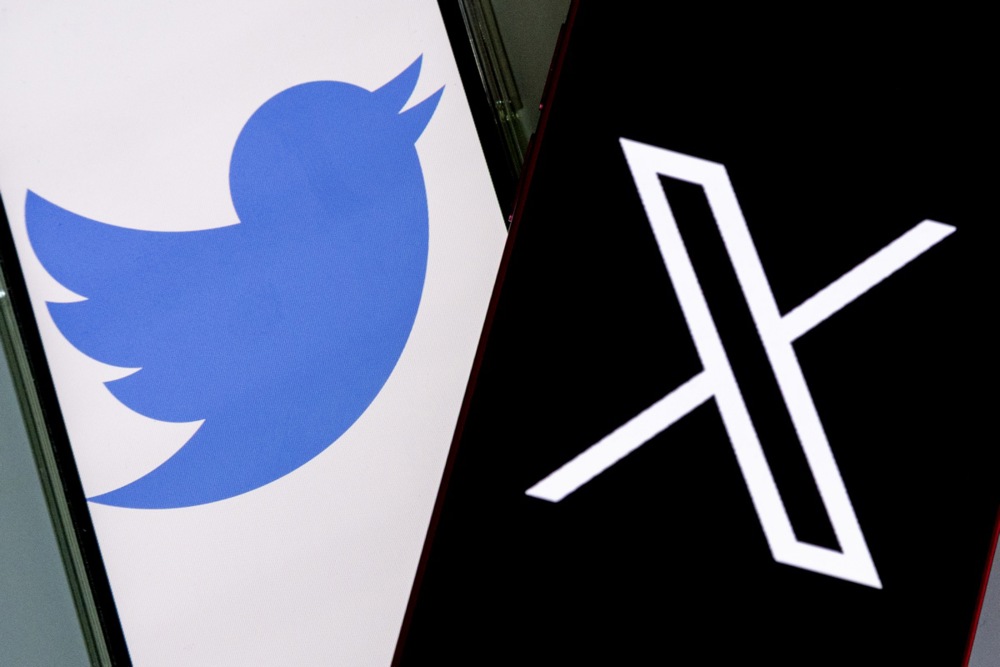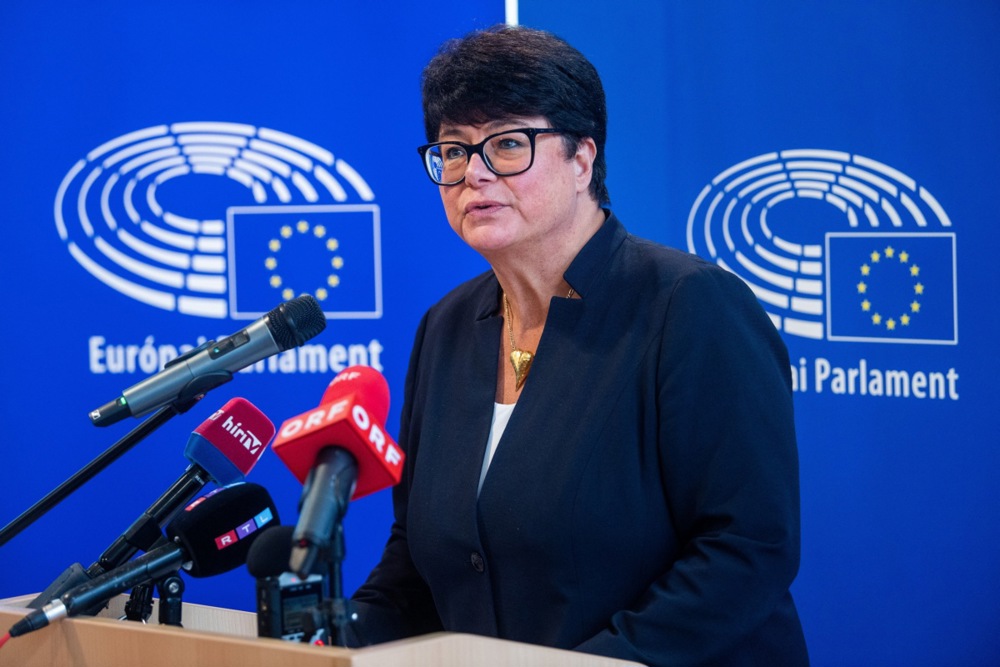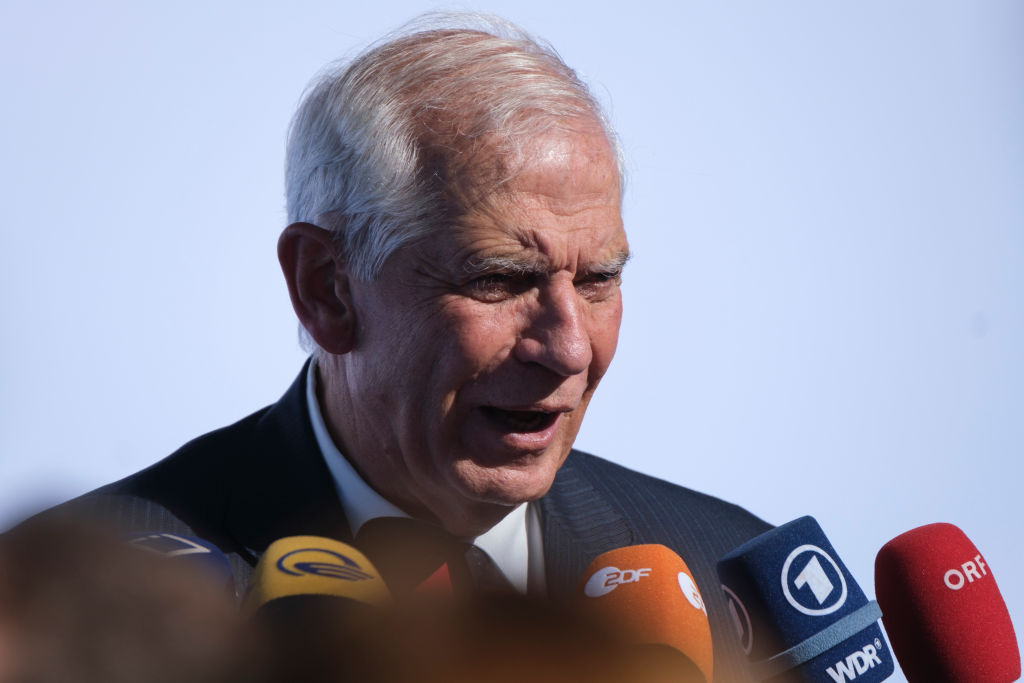The European Commission has ignored anti-censorship pleas from Israel, stating that footage depicting Hamas atrocities and war crimes, or anything to do with terrorist organisation, must be censored on the European internet.
It comes after Israel’s Ambassador to the EU and NATO, Haim Regev, called for such content to be permitted on social media. He said: “The world needs to see the truth and to know what atrocities took place in Israel.”
Reacting to the comments, a spokesman for the European Commission disregarded Regev’s pleas, insisting all content that could be traced back to the Islamist terror group must be taken down as specified by the Digital Services Act (DSA).
“Content circulating online that can be associated to Hamas qualifies as terrorist content – it is illegal and needs to be removed under both DSA and TCO – as the organisations are listed on the EU’s terrorism list,” the spokesman told Brussels Signal.
The TCO is the EU regulation on preventing the dissemination of terrorist content online that came into force in June 2022.
The spokesman added that all content that could be considered “inciting or glorifying terrorist offences” must be removed. Any content depicting violence perpetrated by the group must be restricted even if uploaded by an anti-Hamas individual or organisation, he said.
“On violent content that is not terrorist content, very large online platforms and search engines have a responsibility under the DSA to mitigate content that is illegal or harmful.”
The Israeli Ambassador to NATO and the European Union, Haim Regev, has rejected an EU push to have Hamas atrocities censored online. https://t.co/8wfepYRLM5
— Brussels Signal (@brusselssignal) October 17, 2023
Despite repeating the EU’s demands of censorship, against the wishes of the Israeli Government, the spokesman repeated the claim that the DSA was designed to protect free speech.
“The DSA has the preservation of freedom of expression, including freedom and pluralism of the media, at its very core.” He added that it “strikes the right balance between” between “safeguarding freedom of expression” and censoring content the EU does not like.
The Eurocrat also insisted that “nothing in the DSA obliges online intermediaries to remove lawful content”. That is despite claims that what some see as draconian penalties in the bill will dissuade social media platforms from allowing speech that is letter-of-the-law legal if they feel EU censors might think otherwise.
Passed late last year, the legislation is now starting to be felt by the largest social media outlets operating in Europe. The EC’s self-styled “digital enforcer” Theirry Breton wrote threatening letters to Big Tech companies last week demanding compliance or risk facing harsh penalties.
“The bosses of these platforms can no longer hide, at least not in the European Union,” the Breton later told French media. He added that the Hamas terror attacks in Israel would have a lasting impact on EU censorship policy in the same way 9/11 had on US society more generally.
Elon Musk’s X has kowtowed to Brussels after the European Union’s censorship tsar Thierry Breton demanded a clampdown on “illegal” content linked to the Hamas attack on Israel. https://t.co/aGhCnmwCsZ
— Brussels Signal (@brusselssignal) October 12, 2023





